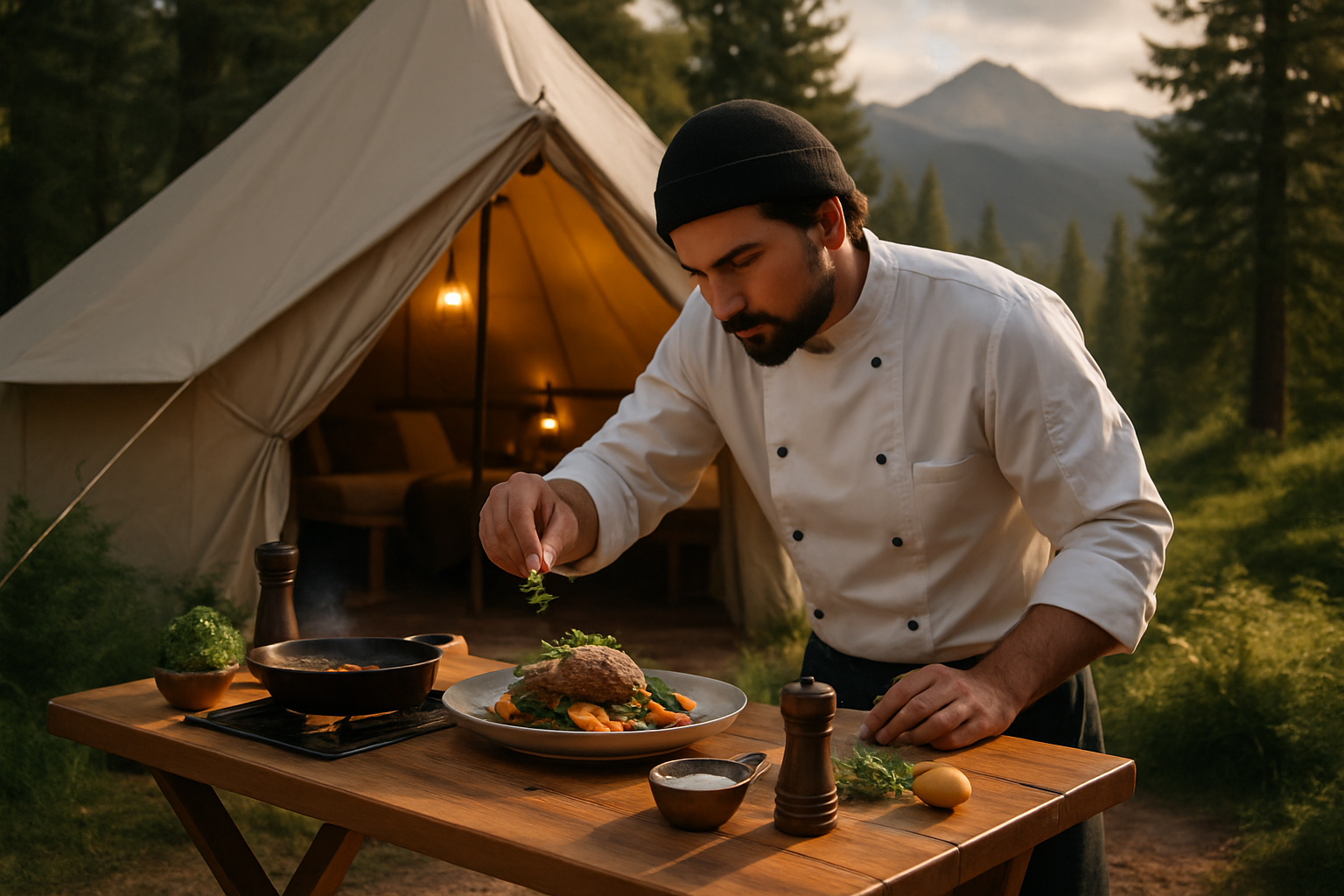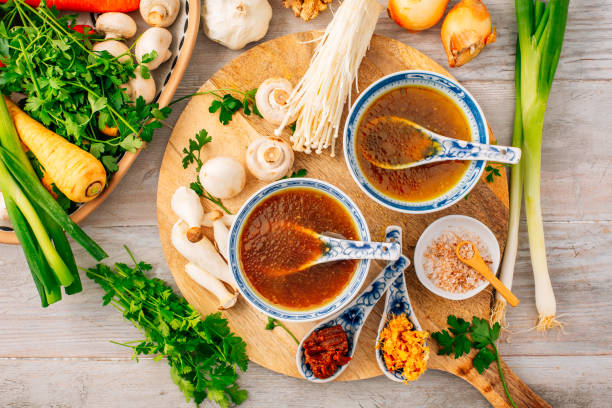Foraging Expeditions: The New Frontier in Culinary Travel
Embark on a gastronomic adventure that takes you beyond the confines of traditional dining experiences. Foraging expeditions are revolutionizing culinary travel, offering food enthusiasts and nature lovers alike a chance to discover local ingredients in their natural habitats. This emerging trend combines the thrill of exploration with the satisfaction of sourcing your own meal, creating a unique and immersive travel experience that connects you deeply with the land and its bounty.

As travelers became more conscious of their environmental impact and sought authentic experiences, foraging naturally evolved as a way to engage with local ecosystems and culinary traditions. Pioneering chefs like René Redzepi of Noma in Copenhagen played a crucial role in popularizing foraged ingredients in high-end cuisine, sparking curiosity among food enthusiasts worldwide.
The Appeal of Foraging Expeditions
Foraging expeditions offer a multifaceted appeal that resonates with modern travelers. These experiences provide an opportunity to disconnect from the digital world and reconnect with nature in a meaningful way. Participants learn to identify edible plants, mushrooms, and other wild ingredients, gaining a new appreciation for the biodiversity of their destination.
Moreover, foraging expeditions cater to the growing desire for experiential travel. Rather than simply observing or consuming, travelers actively participate in the process of sourcing their food. This hands-on approach creates lasting memories and a deeper understanding of local ecosystems and culinary traditions.
Foraging Around the Globe
Foraging expeditions have emerged as popular activities in diverse destinations worldwide. In Scandinavia, travelers can join guided tours to forage for berries, mushrooms, and herbs in pristine forests. The Pacific Northwest of the United States offers opportunities to gather wild edibles along rugged coastlines and in lush temperate rainforests.
In Japan, the ancient practice of Sansai (mountain vegetable) gathering has been adapted for tourists, allowing them to explore rural areas and learn about traditional foraging techniques. Meanwhile, in countries like South Africa and Australia, bush tucker tours introduce visitors to indigenous plants and their culinary and medicinal uses.
The Role of Expert Guides
Central to the success of foraging expeditions are knowledgeable guides who ensure both safety and educational value. These experts, often local chefs, botanists, or experienced foragers, play a crucial role in identifying edible plants and distinguishing them from potentially harmful look-alikes.
Guides also provide context on the cultural and historical significance of foraged ingredients, enriching the experience beyond mere identification. Their expertise helps travelers understand sustainable foraging practices, ensuring that these activities have minimal impact on local ecosystems.
From Forest to Plate: The Culinary Experience
The foraging experience doesn’t end with the gathering of ingredients. Many expeditions culminate in a culinary workshop or meal preparation, where participants learn to clean, prepare, and cook their foraged finds. This farm-to-table experience takes on new meaning when travelers have personally sourced the ingredients from the wild.
Some luxury resorts and eco-lodges have begun incorporating foraging expeditions into their offerings, partnering with local experts to create immersive culinary experiences. These programs often include gourmet meals featuring foraged ingredients, prepared by skilled chefs who showcase innovative ways to use wild edibles.
Essential Know-How for Foraging Travelers
• Always forage with a knowledgeable guide or expert to ensure safety
• Research local regulations regarding foraging in your destination
• Learn to identify a few common edible plants before your trip
• Bring appropriate gear: basket, gloves, pruning shears, and a field guide
• Practice sustainable foraging by taking only what you need and leaving plenty for wildlife and regrowth
• Be aware of potential allergies and try new foods in small quantities
• Respect private property and protected areas
As the world of travel continues to evolve, foraging expeditions represent a compelling blend of adventure, education, and gastronomy. This trend not only offers a unique way to experience a destination but also promotes a deeper connection with nature and local food systems. By engaging in these immersive experiences, travelers gain a new perspective on the origins of their food and the importance of preserving biodiversity. As we look to the future of culinary travel, foraging expeditions stand out as a meaningful and sustainable way to explore the world through its wild flavors.




